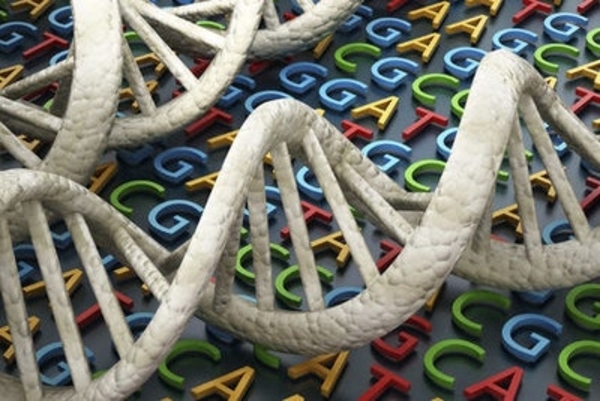Price:
4280 EUR
Contact
St George's, University of London
Description
##
Powerful new technologies have been driving forward immense and exciting changes in clinical practice.
The days of peering down the microscope to detect chromosome abnormalities are gone, replaced by chromosome analysis at the genomic level. Invasive Down syndrome tests in pregnancy have made way for the evaluation of fetal DNA in maternal blood. And instead of laborious gene-by-gene targeted sequencing, we can now sequence all of our genes in parallel in a single experiment.
The course has been approved for distance-learning continuing professional development (CPD) by the Royal College of Pathologists (RCPath): for 10 CPD credits.
Understand and apply genomic sequencing technologies
This postgraduate-level course, in combination with Genomic Technologies in Clinical Diagnostics: Molecular Techniques, will help you understand these new and established genetic technologies, and their application to clinical practice.
This course focuses on genomic sequencing. By the end, you will be able to:
demonstrate an understanding of the molecular principles behind next generation sequencing (NGS) technologies;
identify appropriate applications of these technologies to clinical scenarios within both diagnostic and research settings;
and evaluate alternative applications of next generation sequencing technologies outside of DNA sequencing, such as RNA seq and ChIP-seq.
Continue studying with St George’s, University of London
Both Genomic Technologies in Clinical Diagnostics courses draw on the experience of experts in clinical genetics and education at St George’s, University of London.
The two courses will provide you with the teaching component of module 1 of the PGCert in Interpretation and Clinical Application of Genomic Data (PGCert ICAG) from St George’s. To apply for the PGCert ICAG, you must be employed as a genetics trainee within the UK, and hold a national training number (NTN) in clinical genetics.
If you upgrade and complete both courses on FutureLearn and earn a Certificate of Achievement for each, you will have completed the teaching component of the module, should you apply to study at St George’s.
This course is designed for scientists and healthcare professionals with an interest in obtaining a postgraduate-level understanding of genomic sequencing technologies.
If you are completing both Genomic Technologies in Clinical Diagnostics courses, we recommend that you complete Genomic Technologies in Clinical Diagnostics: Molecular Techniques first.
And if you are new to the field, we recommend that before you start either course, you complete The Genomics Era: the Future of Genetics in Medicine – the first in the Genomics in Healthcare program from St George’s.
Specific details
Category of Education
Life Science
